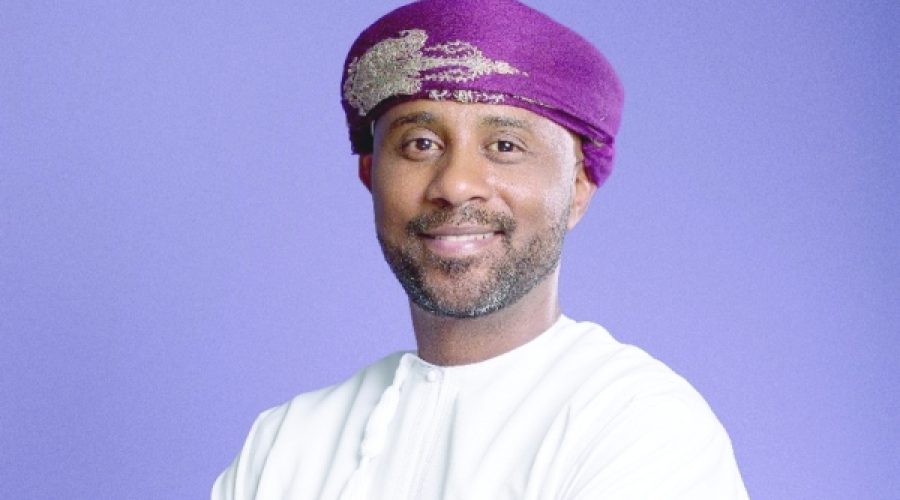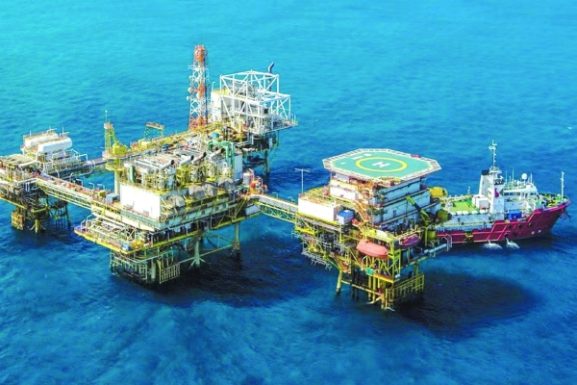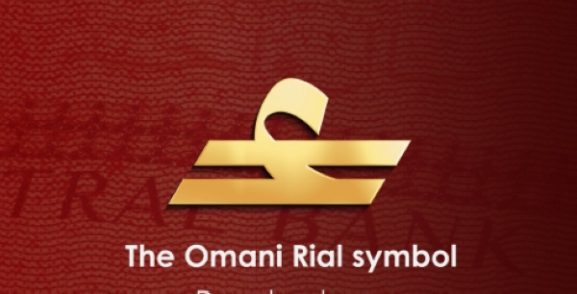Duqm Summer Series Highlights Supply Chain Resilience: Key Insights for Investors and Businesses in Oman
DUQM: The third session of the Duqm Summer Series was held yesterday at the SEZAD Head Office, focusing on the recalibration of global supply chains amid tariffs, geopolitical shifts, and evolving trade patterns. The discussion was led by Saad Bait Nasib, Commercial Director at ASYAD Ports & Free Zones, who highlighted both the challenges and opportunities arising from these changes.
Bait Nasib began by examining the broader economic context, noting that tariffs have once again become a key element of Washington’s economic policy, with recent actions characterized as the most significant in a century. These measures have far-reaching implications beyond the US, impacting costs throughout global supply networks and testing the resilience of smaller enterprises. Micro, Small, and Medium Enterprises (MSMEs) are particularly vulnerable, often lacking the capacity to absorb increased costs or shift supply routes. In today’s interconnected world, where disruption in one location can quickly ripple elsewhere, resilience is now as crucial as efficiency.
The conversation then shifted to emerging opportunities. As businesses explore near-shoring and new trade partnerships, Oman’s strategic geographic location emerged as a distinct advantage. Duqm’s position on the Indian Ocean provides direct access to expanding markets in Africa and Asia. Additionally, Free Trade Agreements help lower costs and ensure predictable market access. For companies seeking both neutrality and strategic reach, Bait Nasib described Duqm as “a practical and dependable base.”
He concluded by emphasizing Duqm’s potential as a manufacturing hub, underpinned by its integrated infrastructure—including a port, airport, logistics facilities, and ready-to-build industrial zones. The Special Economic Zone at Duqm offers a unique blend of proximity to supplier markets and access to rapidly growing consumer bases.
“Global trade isn’t shrinking; it’s rewiring,” said Saad Bait Nasib. “The search now is for supply routes that are open, reliable, and cost-effective. Duqm is positioned to provide exactly that.”
Echoing this sentiment, Eng. Ahmed Akaak, CEO of SEZAD, highlighted Duqm’s role in offering predictability amid global uncertainty. “Duqm was planned for moments like this,” he stated. “When the world demands resilience and clarity, we deliver both. Our mission is to provide investors with predictable regulations, competitive infrastructure, and swift execution—tools that enable them to control costs, manage risk, and seize new market opportunities.”
The Duqm Summer Series, running through August over four sessions, aims to provide concise, focused forums for decision-makers across manufacturing, renewables, logistics, and fisheries sectors. Yesterday’s session reinforced Duqm’s status as a resilient supply chain hub and a strategic launchpad for companies targeting growth markets in Africa and Asia.
Special Analysis by Omanet | Navigate Oman’s Market
The evolving global supply chain landscape, marked by steep tariffs and geopolitical shifts, underscores the critical importance of resilience over mere efficiency—a challenge that MSMEs in particular must navigate carefully. For businesses in Oman, Duqm’s strategic location and integrated infrastructure position it uniquely as a resilient gateway to Africa and Asia, presenting a compelling opportunity to leverage Free Trade Agreements and near-shoring trends. Smart investors and entrepreneurs should consider Duqm as a stable, cost-effective base offering predictable regulations and fast execution to mitigate risks and capitalize on emerging trade realignments.



